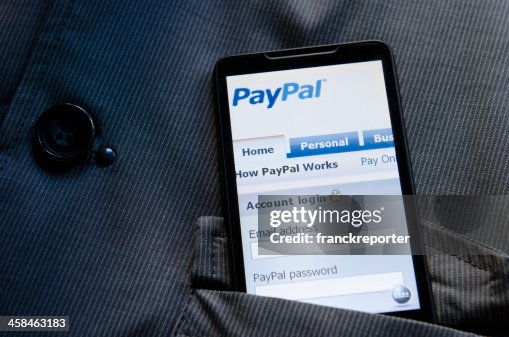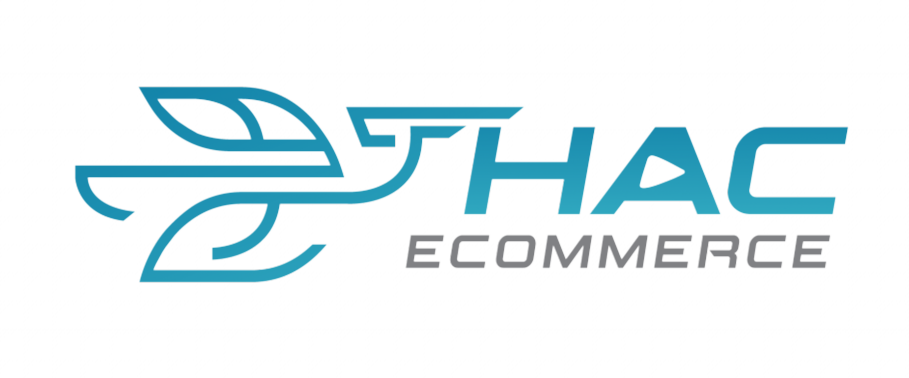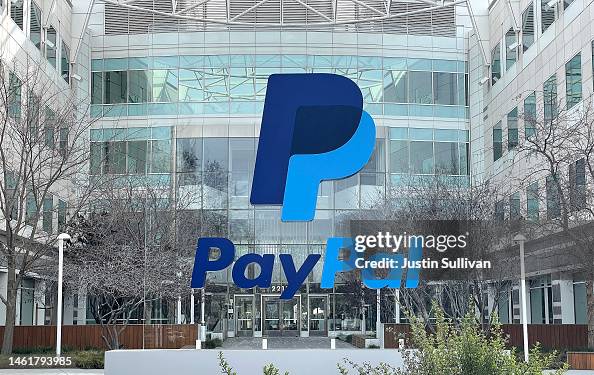Every e-commerce merchant needs a reliable payment solution, and PayPal’s online payment gateway is an essential tool for many. However, despite its crucial role, this technology is often overlooked by merchants, many of whom don’t even realize they are using it. They may assume that their PayPal account or merchant services take care of the payment processing, but in reality, the PayPal payment gateway plays a vital part in the transaction process. Understanding how it works can help businesses optimize their payment systems.
PayPal Online Payment Gateway – An Overview
PayPal’s online payment gateway is an encrypted, internet-based channel through which credit card data and other payment information are securely transmitted. It functions similarly to a point-of-sale terminal or a digital cash register, but specifically for online transactions. While there are other types of payment gateways, such as those used in traditional credit card terminals or POS systems, PayPal’s gateway is primarily designed for e-commerce and online transactions.
Not all payment processors rely on the internet to transmit data. Some payment gateways, like PayPal’s, use the internet to ensure quick, secure transactions. PayPal’s payment gateway is used by e-businesses, online stores, payment aggregators, and web-based point-of-sale systems. Because the transactions occur online, the gateway must be web-enabled.
The PayPal payment gateway acts as an intermediary between the merchant, the customer, the issuing bank (the customer’s bank), and the acquiring bank (the merchant’s bank). The process of a credit or debit card payment goes like this:
- The customer initiates the transaction by entering their payment information.
- The customer’s bank (the issuing bank) submits the payment request.
- The request passes through the PayPal gateway, which securely transmits the data.
- The acquiring bank (usually PayPal itself) approves or declines the transaction.
- Once approved, the funds are deposited into the merchant’s PayPal account.
To break this process down further, when a customer enters their credit card details on a merchant’s PayPal payment page, they provide their card number, expiration date, and CVV (Card Verification Value), unless using an alternative payment method. This information is securely transmitted through PayPal’s encrypted channel.
The issuing bank approves or denies the payment request, and if approved, the transaction moves through PayPal’s gateway, which is designed to ensure the data is safe and encrypted. The acquiring bank (PayPal) then processes the request, and if everything is in order, the funds are placed in the merchant’s PayPal account. Merchants can then transfer the funds to their business bank account after a few days (this process is called settlement).
How Long Does It Take for PayPal Withdrawals to Reach My Bank Account?
How Does PayPal’s Online Payment Gateway Work?
PayPal’s online payment gateway operates using secure, web-based technologies to protect financial transactions. Online transactions are vulnerable to third-party interceptions, and PayPal takes extensive measures to prevent fraud and data breaches. Here’s how PayPal ensures secure transactions:
SSL Encryption: PayPal uses SSL (Secure Sockets Layer) certificates to establish encrypted connections between the issuing and acquiring banks.
Tokenization: Sensitive data is converted into random characters through tokenization, making it useless to any potential attackers.
Fraud Detection: PayPal has advanced fraud detection tools to flag suspicious transactions. Merchants can customize their settings to accept or decline payments based on various red flags, such as the customer’s location, chargeback history, or other risk factors.
PCI Compliance: PayPal meets the Payment Card Industry Data Security Standard (PCI DSS) requirements, ensuring that all customer payment information is handled in a secure and compliant manner.
When PayPal processes a transaction, it also conducts fraud checks with the credit card network (Visa, MasterCard, etc.) before confirming whether the payment is approved or declined.

PayPal Gateway vs. Payment Processor
It’s important to understand the difference between a payment gateway and a payment processor. The payment gateway, in PayPal’s case, is simply the secure channel through which transaction data travels from the customer to the merchant’s acquiring bank. On the other hand, the payment processor (in PayPal’s case, PayPal itself) is the entity that approves the transaction and ensures the funds are available to the merchant.
While PayPal offers both the payment gateway and the payment processing services, it’s crucial to know that these two components are distinct in their roles. The gateway handles the transmission of data securely, while the processor approves and manages the funds.
Key Features of PayPal’s Online Payment Gateway

When evaluating PayPal’s gateway for your business, consider the following essential features:
PCI Compliance: PayPal’s gateway is PCI-compliant, meaning it meets all the security standards necessary for safe handling of customer payment data.
Fraud Protection: PayPal’s gateway comes equipped with enhanced fraud detection tools that analyze transactions in real-time to identify and block suspicious activity.
Scalability: Whether you’re a small business or a large enterprise, PayPal’s gateway is scalable to meet your needs. It’s ideal for businesses that anticipate growth or handle a high volume of transactions.
Ease of Use: PayPal provides a user-friendly interface and easy integration options for merchants, including a free shopping cart integration for most e-commerce platforms.
Global Reach: PayPal supports transactions in nearly 200 markets, allowing merchants to process payments in multiple currencies worldwide.
Do You Still Need to Worry About PCI Compliance with PayPal?
Even though PayPal is PCI-compliant, as a merchant, you still need to ensure that your website and payment experience adhere to PCI standards. For example, you should maintain secure firewalls, antivirus software, and restrict access to sensitive payment data to only those employees who need it. PayPal secures the transmission of payment data, but the overall security of your site is still your responsibility.
Can You Accept Credit Card Payments Without PayPal’s Gateway?
It is impossible to process credit card payments online without some form of payment gateway. However, there are services that act as payment aggregators, such as PayPal, Stripe, or Square. These services allow merchants to accept payments without needing a separate payment gateway.
PayPal, for example, provides a “Payflow” gateway that enables businesses to process payments under the PayPal umbrella, without needing to invest in a separate gateway solution. However, while these services may be convenient for small businesses, they often come with transaction fees, and larger merchants may find them less cost-effective in the long run.
How to Set Up PayPal’s Payment Gateway
Setting up PayPal’s payment gateway is straightforward. If you already have a PayPal business account, you can integrate the gateway into your e-commerce platform, either manually through API integration or by using a plug-in offered by your e-commerce provider. PayPal also offers free integration assistance to help get you started.
Are There Any Free Online Payment Gateways?
There are no completely free online payment gateways. Every transaction incurs some form of fee, typically a per-transaction charge. PayPal does not offer a “free” gateway, although some companies may advertise low-cost or “no-fee” services. In these cases, the fees are often hidden in transaction costs or other charges, so it’s essential to carefully review the terms before committing.
Why Every Online Business Needs a Payment Gateway
While you might not think much about your payment gateway, it is a crucial part of your online business. Without a secure and reliable payment system like PayPal’s, your e-commerce store wouldn’t be able to function effectively. When selecting a payment gateway, focus on security, dependability, and scalability to ensure it meets the needs of your business.
By choosing PayPal’s gateway, you gain access to a trusted and widely accepted payment solution with robust fraud protection, secure transaction processing, and global reach, making it a valuable tool for growing your online business.


